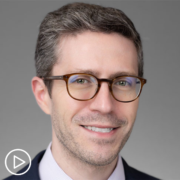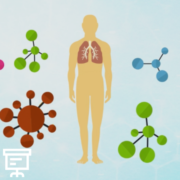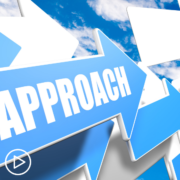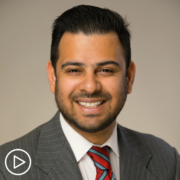Dr. Andrew Hantel: Why Is It Important for You to Empower Patients?
Dr. Andrew Hantel: Why Is It Important for You to Empower Patients? from Patient Empowerment Network on Vimeo.
How does Dr. Andrew Hantel empower his patients in their treatment decisions? Dr. Hantel from Dana-Farber Cancer Institute and Harvard Medical School explains how he engages patients by understanding their personal values and the importance of making medical decisions in the context of their lives and communities.
See More from Empowering Providers to Empower Patients (EPEP)
Related Resources:

|

Dr. Krina Patel: Why Is It Important for You to Empower Patients? |
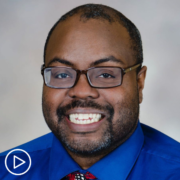
Dr. Eugene Manley: Why Is It Important for You to Empower Patients? |
Transcript:
Dr. Andrew Hantel:
I empower my patients by having conversations where I’m asking them a lot about who they are and who they are in the context of their loved ones and their community. Because I think that when I’m talking to people about treatment for their disease and any medical decision that we’re making, it has to be in the context of what’s important to them and not necessarily what the risks and benefits are in the medical ease sense, but what are the risks and benefits in terms of who that patient is and wants to continue to be.
And that can mean that people don’t want to spend time in the hospital, want to you know kind of live and continue to live healthy until a certain milestone and really want to push to do anything to make it to that. It can be that they, you know, really want to focus on spending time at home with their loved ones and not having to come back and forth to the hospital.
And I think a lot of the way that we talk to patients is to kind of fall back on data of risks and benefits and side effects, but not necessarily connected to who that person is or wants to be. And so I think it’s important that we continue to kind of center these decisions around the person and who they are kind of in their community and amongst their loved ones, so we can make choices that continue to be beneficial for kind of who they are as a person.

